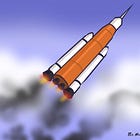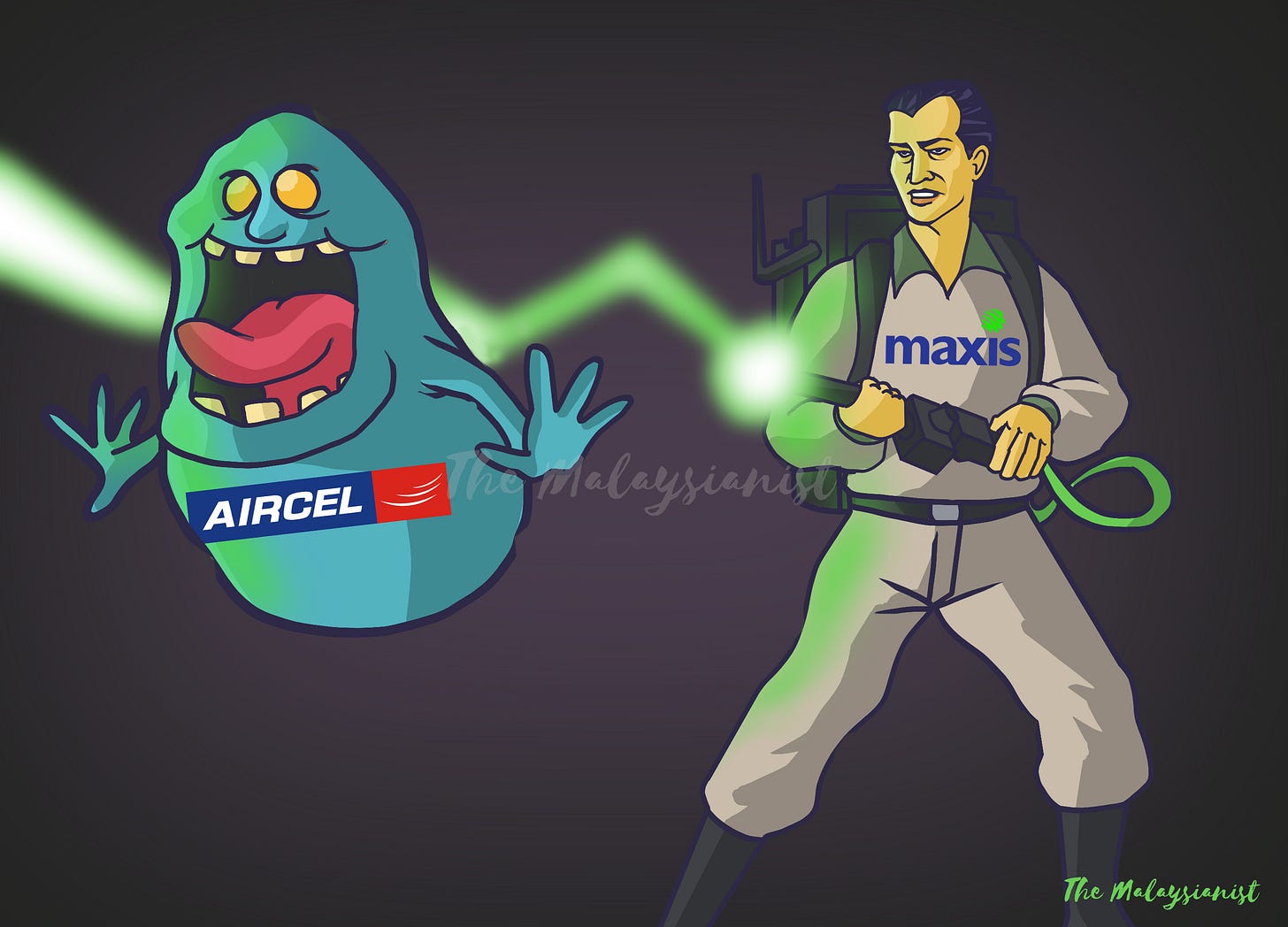The ghost Maxis can’t exorcise
A 14-year saga that keeps coming back to life.
Spooky Saturday? Maybe. What we do have is a 14-year-old scandal — Maxis’ failed foray into India — that still makes the occasional return to haunt us.
A weekend read on a saga that first brewed while I was still finding my way through the maze of undergraduate studies.
At first, I wasn’t keen to wade in. One source even asked if it was a slow news day and whether I had nothing better to do.
But, what the heck, here we are.
First, on Thursday, this went out, in case you missed it:
Since I’ve got you here, I’ll admit my timing in dropping into your inbox has been a little all over the place. So, tell me:
Also, it’s T-4 until prices go up on The Malaysianist. If you’d like to purchase an annual or founding member subscription, there’s no better time like the present to do so.
I also offer group subscriptions with the usual discounts, in case you are considering bulk purchases for friends or family.
When we talk about corporate ghosts, few linger as stubbornly as the Aircel-Maxis scandal.
On September 21, The Economic Times and The Hindu BusinessLine reported a Delhi special court issuing fresh summons to Maxis, Augustus Ralph Marshall, and Astro All Asia Networks over alleged irregularities in the 2006 Aircel acquisition.
The Central Bureau of Investigation (CBI), India’s top crime agency, requested the summons, prolonging a 14-year legal ghost.
This saga, dragging on for over 14 years, saw Maxis’ share price dip roughly 2% in 2017–2018 as Aircel collapsed, leading the late Ananda Krishnan’s Usaha Tegas to nurse billions in losses.
For the reclusive tycoon, who died last year, the fallout thrust him into unwanted scrutiny.
Ananda’s lieutenant, Marshall, named in 2014 and 2018 CBI charge sheets, faced renewed allegations, even when he took up the CEO role at Malaysian-owned Digital Nasional Bhd.
With these summons, the story remains far from over, offering stark lessons for brave souls chasing gold in the subcontinent’s politically volatile markets.
Our tale begins in 2006.


